Bruke Lemma, PhD
“False friendship, like the ivy, decays and ruins the walls it embraces; but true friendship gives new life and animation to the object it supports.” – Richard Burton
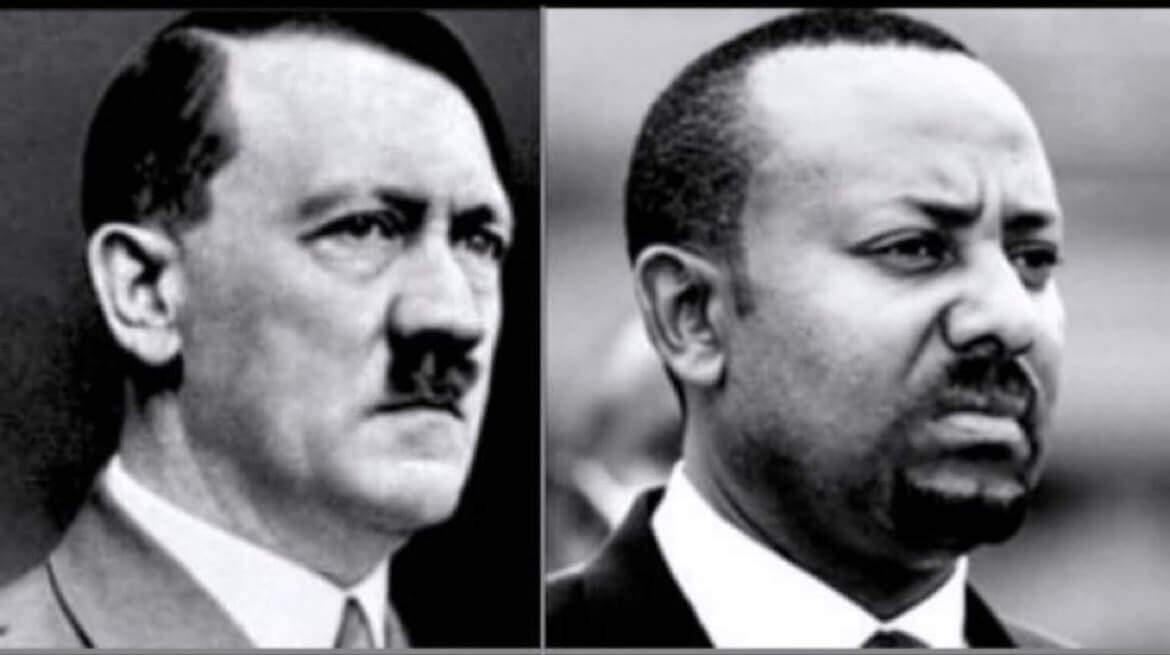 When Abiy Ahmed and his fellow Oromo ethno-extremists orchestrated the country’s takeover, it was a meticulously planned operation, coordinated by the Oromo Democratic Party (ODP) and blindly supported by the Amhara Democratic Party (ADP), whom they always intended to use and discard, or, at best, make their gofers, to oppress and harass the very Amhara people whose best interests they supposedly represent—an outcome that unfolded and continues to unfold just as they planned.
When Abiy Ahmed and his fellow Oromo ethno-extremists orchestrated the country’s takeover, it was a meticulously planned operation, coordinated by the Oromo Democratic Party (ODP) and blindly supported by the Amhara Democratic Party (ADP), whom they always intended to use and discard, or, at best, make their gofers, to oppress and harass the very Amhara people whose best interests they supposedly represent—an outcome that unfolded and continues to unfold just as they planned.
The specific language used by the ODP members wasn’t solely delivered by Abiy Ahmed but also by other overt and subvert ethno-extremists, notably Lemma Megerssa, who delivered some of the most memorable lines, strategically employing key words to evoke a positive response from the audience and more. Among their tactics, ‘love bombing’ stood at the core, promising to fulfill every dream and desire that Ethiopians had for their country’s future—a desire suppressed for decades under the rule of previous dictators, the TPLF.
This overall strategy aimed to suppress critical thinking, preventing any questioning until Abiy Ahmed and his ODP secured absolute control of the country, its security, and other institutions, including the defense force, placing their own followers in key positions. Five years have passed since then, and the aftermath is stark—hundreds of thousands of dead, millions enduring daily misery, facing food insecurity and hunger, with tens of millions at risk. The poor and even the ‘middle class struggle to afford basic necessities of life.
Some teachers, doctors, and others face halted salary payments, while investors flee the country in droves. The country finds itself unable to pay its foreign debt, resulting in a downgraded credit rating, now teetering close to junk territory. In general, a continued blatant disregard for the people’s welfare persists, including mass murders using drones and heavy weapons, among other atrocities.
Very few, if any, could have imagined it would all come to this—not only Ethiopians but also international leaders and global institutions, one of whom even bestowing upon Abiy Ahmed the highest honor, the Nobel Peace Prize, based on some irrational euphoria about a ‘peace’ with the neighboring country—a peace deal shrouded in mystery, whose specific terms were unknown to both international bodies and the people of Ethiopia, at the time and now, moreover, a peace deal that ultimately collapsed.
This man, Abiy Ahmed, now leads a government solely focused on waging war against its own people. While one might have hoped that global leaders and institutions would have been sophisticated enough to see through the coordinated deception, they failed to do so.
Ethiopians stood very little chance against the overwhelming ‘love bombing,’ so concentrated and relentless, which targeted them and completely subdued their every critical faculty. Consequently, they welcomed a future of misery, extreme poverty, death, destruction, and more with great pomp and ceremony, tragically.
In this article, I’ve employed the term ‘love bombing,’ a favored tactic among psychopaths and various groups or individuals to overpower the critical faculties of their targets in diverse relationships, be it personal or otherwise, aiming to manipulate victims and achieve their objectives. This manipulative process, well-documented in psychological research, typically involves three steps: idealization, isolation, and control.
When people believe they are obtaining what they desire most, their critical thinking diminishes, leaving them vulnerable to manipulation. Ethiopians aspired for a country—a peaceful, democratic nation fostering equality for all. Their strong desire led them to trust the messengers promising these ideals without questioning their true intentions. Unfortunately, this trust has cost them dearly, resulting in ongoing suffering that has affected almost all Ethiopians, with the Amharas enduring the worst of it and continuing to do so.
Consequently, the Amhara people have been engaged in an arduous struggle against Abiy Ahmed’s army for the past seven months, and the battle persists. Their Fanos have achieved consecutive victories in this ongoing conflict. This conflict originated from the relentless and severe oppression faced by the Amharas across Ethiopia, notably in the Oromia region, further exacerbated by the seven-month-old all-out war being orchestrated and directed against them by Abiy Ahmed, his fellow ethno-extremists, and other mercenaries that is going on now in the Amhara region.
The struggle spearheaded by the valiant Amhara Fanos transcends the mere liberation of the Amhara people from their severe oppression. It carries the potential to rectify past mistakes by dismantling Abiy Ahmed and his fellow ethno-extremists grasp on power, paving the way for the establishment of a more democratic and inclusive government.
This movement has become a rallying point for the widespread disdain and revulsion towards the Abiy Ahmed regime—a sentiment nearly universal throughout the country. Moreover, it is likely to inspire other ethnic groups to organize and engage in a collective struggle against the deeply corrupt and incompetent regime of Abiy Ahmed and his fellow ethno-extremists.
In this ongoing struggle, leadership plays an indispensable role, and the Fanos have displayed remarkable leadership across all levels, contributing significantly to their consecutive victories. The continued political guidance of the esteemed Eskinder Nega, Shaleka Dawit Weldegiorgis, and other Amhara leaders have been impactful and highly exemplary.
While wholeheartedly acknowledging and encouraging these efforts to continue, I find it necessary to shed light on a campaign targeting Amhara people’s leadership, reminiscent of the manipulative tactics that led to the calamitous Abiy Ahmed regime.
Though this manipulation may seem different on the surface and currently lacks the same destructive magnitude as the manipulations that played a pivotal role in entrenching Abiy Ahmed’s regime, it employs similar tactics—primarily disarming others by appealing to their cherished values and echoing their voices.
I’m referring here to the ongoing campaign by Yonas Biru (PhD), persistently writing articles to undermine Amhara leadership, particularly targeting Eskinder Nega and Shaleka Dawit Weldegiorgis. His campaign also includes unjust attacks on Amhara intellectuals, based predominantly on fabricated reasons. Any validity in these criticisms, if present at all, doesn’t exceed the accuracy of even a broken clock being correct twice a day.
What was Yonas Biru’s initial approach in aligning himself with those opposing the Abiy Ahmed regime? Well, some time ago, Yonas Biru faced employment-related challenges and publicly sought assistance from the dictator, Abiy Ahmed, receiving what seemed like indifference in response. Following this, Yonas Biru appeared to have reconciled with Abiy Ahmed, but his attempts to offer advice to the autocrat were outright dismissed, creating further discord between them.
This not only prompted Yonas Biru to start critiquing the dictator personally and vehemently but also led to his strong condemnations of Abiy Ahmed’s rather backward ‘Oromuma ideology’ in subsequent articles he wrote. Moreover, despite previously making derogatory references to the Amhara Fanos, specifically calling them Amhara Shene and condemning them, Yonas Biru began speaking favourably of them.
Despite these and other contradictions, those opposing Abiy Ahmed gave him a pass because he echoed their voices, inadvertently allowing him to insidiously continue to attempt to undermine the Amhara leadership and that of the Fanos using the platforms they provided. Anchor Media, led by Mesai Mekonen, who otherwise has been and continues to do excellent work in the fight against the Abiy Ahmed’s regime, was among these platforms. Infiltrating and undermining the Amhara leadership seems to have been Yonas Biru’s intention from the start, and he has relentlessly pursued this agenda.
It was a serious mistake to grant him a free pass for essentially doing the same thing as dozens of others, including myself, have done and continue to do so, that is, critiquing Abiy Ahmed by highlighting his numerous failures including his incompetence, corruption and atrocities. Moreover, regarding his criticism of the ‘Oromuma ideology,’ many others have articulated it much more effectively than Yonas Biru has been able to do, detailing its backwardness, dangerousness and more.
Despite all that and more, these critiques have now become the sweet coating for the poison Yonas Biru has been and continue to deliver. Those who read his ubiquitous criticism of Abiy Ahmed, which mirrors their own, tend to overlook what sets him apart or how he differs from others. They fail to see what he’s actually selling, disregarding the ways in which he deviates from the rest.
On his part, recognizing the effectiveness of this strategy, he now begins every article with increasingly more and more strident criticisms of Abiy Ahmed and Oromuma before steering towards his ulterior motive – the continued undermining of Eskinder Nega, Shaleka Dawit Weldegiorgis, and other Amhara leaders.
In all his futile effort, there is this an undeniable truth that seems to have entirely escaped Yonas Biru’s grasp, despite being glaringly obvious to anyone reasonably versed in Ethiopian politics: there’s no plausible scenario where Yonas Biru’s stature and standing even remotely compares to that of the esteemed Eskinder Nega, neither on Earth nor anywhere else. This fact would likely be acknowledged not only by Eskinder Nega’s supporters but also by his adversaries, provided they possess even an ounce of honesty, although that is highly improbable.
In any case, while sporadic moments of sensibility very occasionally emerge in Yonas Biru’s writings and other communications, they are invariably overshadowed by an incessant deluge of extreme nonsense he seems to conjure without end. This consistent behavior, especially his unwavering fixation on Eskinder Nega, Shaleka Dawit Woldegiorgis, and other Amhara leaders, strays far from the boundaries of rationality, prompting questions about the inner workings of his mind.
Moreover, his consistent use of disparaging language against these leaders, seizing every opportunity and citing bizarre reasons, including his objections to the envisioned ‘aroma’ of the country they purportedly proposed—an ‘aroma’ supposedly evocative of the Amharas, a rather confounding assertion—reveals not just a pedestrian and distasteful approach but also notably immature and embarrassing behavior. It inevitably raises the question: where did he acquire his education? He claims to hold a PhD in a certain discipline and had previous involvement with international organizations.
While debates and constructive criticisms are crucial for progress and growth, Yonas Biru’s consistent disparagement of Eskinder Nega and his leadership, as well as his disdain for Ethio 360 Media, a reputable media outlet amplifying the voices of the oppressed Amhara people and other Ethiopians, is far from commendable. His continuous disparagement of others without clear reasons leaves one perplexed.
If he holds reasonable disagreements, why not articulate them intelligently instead of resorting to name-calling and vague notions like ‘aroma’? Continuously belittling these individuals without substantiated reasons proves both frustrating and bewildering. If he clarifies their alleged wrongdoings, we might gain a better understanding of his perspective. However, focusing on baseless disparagement that lacks any justifiable grounds only serves to diminish further his credibility and stature.
Eskinder Nega, often the primary target of Yonas Biru’s unrelenting criticisms, suitability to lead the Amhara people at the highest level is unquestionable based on his remarkable history. He has been an unwavering advocate for Ethiopian people including Amharas, displaying brilliance in analyzing and effectively communicating the country’s myriad problems. Throughout his life, he consistently stood against successive dictators, enduring imprisonment and torture more than eleven times.
He steadfastly avoided corruption, rejecting offers from dictators attempting to buy his allegiance, and persistently exposed their wrongdoings. He fearlessly confronted Abiy Ahmed, the current dictator, unveiling his misdeed, including the demolition of thousands of houses and the displacement of countless people, mostly Amharas, from the outskirts of the capital, Addis Ababa, among other misdeeds. When denied the space to openly voice his opposition, he courageously chose to continue resisting the regime by joining the Fanos, sacrificing comfort, family, and much more and going to live and work in the harsh desert.
Another figure who unfairly faces consistent criticism from Yonas Biru is Shaleka Dawit Woldegiorgis, a man with a long-standing service record for his country. Despite his advancing age, he tirelessly travels around the world and within USA to rally support for the Amhara struggle. He actively writes and communicates to educate the populace, providing enlightenment on both domestic and international matters relevant to Ethiopians.
His emphasis on strategies to strengthen support for the Amhara cause is highly commendable. I came across one of his articles that I found extremely informative and admirable recently. Shaleka Dawit Woldegiorgis is an inspiring figure, and his contributions are not only laudable for the Amharas but also make him a source of great pride for the entire nation.
On the contrary, delving into Yonas Biru’s articles often results in feelings of disappointment and confusion rather than enlightenment. His recent articles, notably ‘Critical Steps to Jumpstart Fano’s Stalling Momentum,’ and others were dishonest, misleading and insidious, prompting me to respond and caution against such misleading narratives.
While preparing this response, I revisited his earlier works, attempting to comprehend them more thoroughly. There seems to be a consistent undercurrent running through them, continuously traversing contradictory paths.
In general, beyond the predictable criticisms of Abiy Ahmed and Oromuma, which almost invariably serve as a preface to his articles, it’s remarkably challenging to discern where Yonas Biru truly stands and what he intends to convey.
He often expresses sentiments that contradict the support he ostensibly offers to the Fanos, and surprisingly, his words seem more advantageous to the dictator he opposes. One might wonder if these endeavors are driven more by some sort of narcissism and histrionic tendencies than a genuine desire to serve any noble cause at all.
He asserts with little persuasive argument or evidence the Amhara intellectuals and leadership, are trapped ‘in political orthodoxy of centuries past.’ What does this mean, where did he gets this nonsense? God only knows!
He also recurrently states across multiple articles that the Amhara or Fanos, desire to dictate how others should be governed, a narrative which couldn’t be farther from the truth. The Amhara seek their fundamental rights such as equality, democracy, and the freedom to peacefully coexist in any part of the country, harmoniously alongside others.
Tragically, these fundamental rights have been systematically denied to them primarily due to a very flawed constitution. They have faced mass atrocities, forced displacements, property destruction, and even the demolition of hundreds of thousands of their houses in the capital city, among numerous other egregious oppressions. It is imperative, indeed necessary, for the constitution to change in order to grant them these rights; a country cannot prosper when certain segments of the population are more privileged than others.
He appears to echo the rhetoric of the dictator Abiy Amed and his fellow ethno-extremists, almost acting as a mouthpiece for the monstrous autocrat he ostensibly opposes, effectively aligning himself against the Amhara people’s struggle while paradoxically positioning himself as a supporter of them and their Fanos.
However, one cannot align with both sides, a choice must be made. His actions suggest a possible effort to gain favor with the dictator by undermining the Amhara struggle while feigning support. Should this be true, it becomes imperative for Ethiopian intellectuals and others to unify and expose these deceitful actions.
Otherwise, his constant echoing of the government’s narrative without opposition only amplifies the dictator’s and the ethno-extremists’ deceptive claims. Interestingly, certain supporters of the dictator seem to endorse Yonas Biru now, evident from the comments on his articles. It’s not surprising; he appears to be advancing the dictator’s agenda!


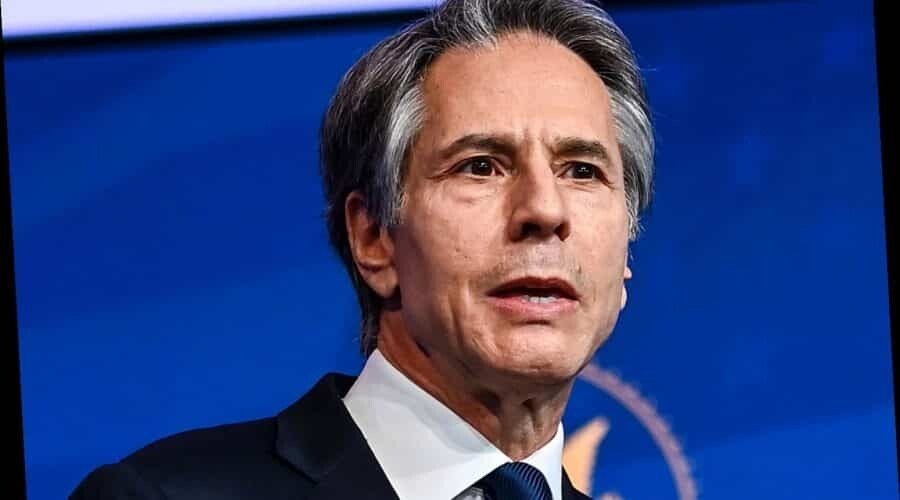

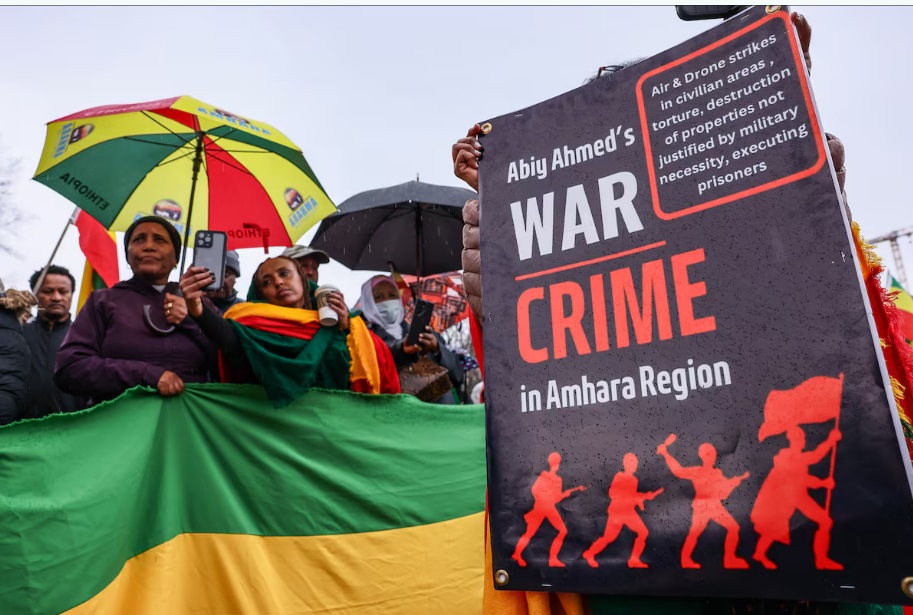

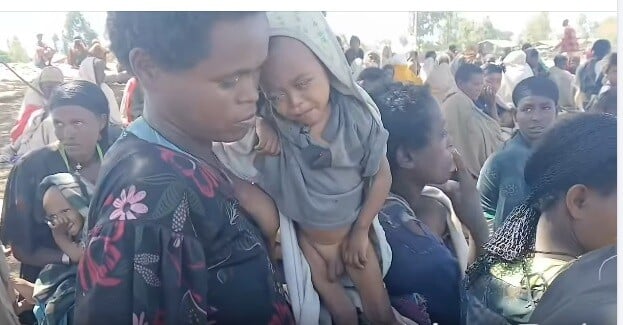


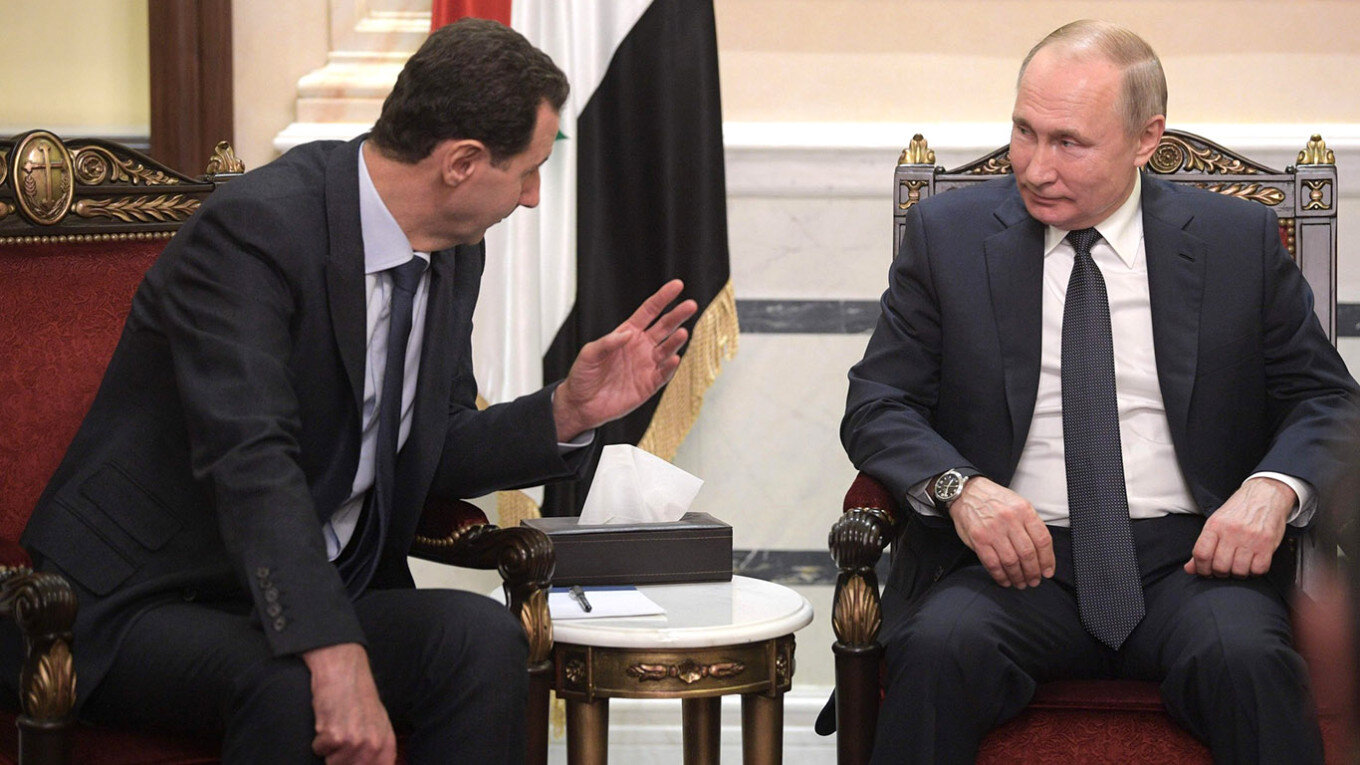








Of recent, I have become a target of the Oromo and Amhara Shene communities. The latest attack came from a member of Amhara Shene by a certain ሙአዘ ጥበባን Bruke Lemma (PhD) in an article titled “Unveiling a Stealthy Campaign: Yonas Biru’s Dangerous Crusade Against Eskinder Nega, Shaleka Dawit Woldegiorgis and Beyond.”
Some of the false claims:
FIRST: On Shene-Amhara
The ሙአዘ ጥበባን states: “Despite previously making derogatory references to the Amhara Fanos, specifically calling them Amhara Shene and condemning them, Yonas Biru began speaking favorably of them.”
I have never referred to Fano as Shene. I challenge the ሙአዝ to provide any evidence. Second, the groups and peoples I called Amhara Shene including the Shaleka, Ethio-360 and the likes of the author of the article, I still call Shene-Amhara.
SECOND: On Getting Platform on Ethiopian Media Outlets
The ሙአዝ States: “Those opposing Abiy Ahmed gave him a pass because he echoed their voices, inadvertently allowing him to insidiously continue to attempt to undermine the Amhara leadership and that of the Fanos using the platforms they provided. Anchor Media, led by Mesai Mekonen, who otherwise has been and continues to do excellent work in the fight against the Abiy Ahmed’s regime, was among these platforms. Infiltrating and undermining the Amhara leadership seems to have been Yonas Biru’s intention from the start, and he has relentlessly pursued this agenda.”
I get invited by many media outlets. In the past two weeks, I was invited among others by BBC Amharic, Anchor Media, Mengizem Media, Estat in Ethiopia, Buffet of Ideas (የሀሳብ ገብታ), among others. Have appeared on Abebe Belew’s, Abebe Gelaw’s and Meaza Mohammed’s Roha Shows. In the past year and a half, I have declined to appear on Ethio-360 not once but three times.
THIRD: On Oromummaa
The Article States: “Moreover, regarding his criticism of the ‘Oromuma ideology,’ many others have articulated it much more effectively than Yonas Biru has been able to do, detailing its backwardness, dangerousness and more. Despite all that and more, these critiques have now become the sweet coating for the poison Yonas Biru has been and continue to deliver. Those who read his ubiquitous criticism of Abiy Ahmed, which mirrors their own, tend to overlook what sets him apart or how he differs from others. They fail to see what he’s actually selling, disregarding the ways in which he deviates from the rest.”
Whether the ሙአዝ likes it or not, the series of article that I wrote on Oromummaa have perturbed the Oromummaa intellectual class. They have published four articles to critique it. Members of the Amhara Shene intellectuals have liberally quoted it in extenso in follow up articles. The ሙአዝ seems to lack confidence in members of his own Amhara Shene intellectuals’ ability to understand my supposed ploy to fool them.
FOURTH: On Comparing me with Talaku Eskinder
The ሙአዝ wrote: “In all his futile effort, there is this an undeniable truth that seems to have entirely escaped Yonas Biru’s grasp, despite being glaringly obvious to anyone reasonably versed in Ethiopian politics: there’s no plausible scenario where Yonas Biru’s stature and standing even remotely compares to that of the esteemed Eskinder Nega, neither on Earth nor anywhere else.”
I accept that there’s no plausible scenario where my stature and standing even remotely compares to that of the esteemed Eskinder Nega on Earth. But I am not sure about the “anywhere else” part. I exist only on earth. I do not know where Talaku Eskinder lives outside of planet earth. I have read Elon Musk has a program to colonize Mars. If Shene Amhara has a similar program, it may be better to compare Talaku Eskinder with Elon Musk.
FIFTH: About the is inner workings of his mind
The ሙአዝ wrote: “In any case, while sporadic moments of sensibility very occasionally emerge in Yonas Biru’s writings and other communications, they are invariably overshadowed by an incessant deluge of extreme nonsense he seems to conjure without end. This consistent behavior, especially his unwavering fixation on Eskinder Nega, Shaleka Dawit Woldegiorgis, and other Amhara leaders, strays far from the boundaries of rationality, prompting questions about the inner workings of his mind.”
Thank you for acknowledging the sporadic moments of sensibility that I display. The inner workings of my mind require expert diagnosis. I am open to go through diagnosis if the ሙአዝ can arrange an appointment with one of the Amhara Shene neurologists and psychiatrists.
I conclude with a question. Why are members of Shene Amhara idiots?
Correct!
Actually, Dr. Yonas is at a missionary position serving Abiy Ahmed. Applying the “convince or confuse theoretical framework”, he is allowed to use language (expressions) in any style including insults to the regime, so long as gists of his messages ultimately align to the grand Oromuma interests.
Dr. Yonas believes in political ambitions of Oromuma more than Abiy himself.
He coined the term “Amhara shené” tactically to attack Amhara, he was instantly discovered then. Read the article published duly, titled “The course and curse of Amhara politics”.
This article correctly addressed him beyond doubts.
Thank you for the beautiful writing Dr. Bruke????????
I don’t think Dr. Yonas is that bad. He just badly needs a government post (like Berhanu Nega). He tried brown-nosing Abiy for a while. As far as his writing, he intentionally wants to ignore certain facts to be very provocative and controversial. Yet, he has valuable insights and a unique if not eccentric perspective that may be beneficial to the struggle. Like finding gold from a mud pile, everything should not be thrown out.
Still, I am glad the writer pointed out the dangerous attack on Iskinder and Shaleqa which we cannot afford at a time when the Amhara movement is scarce of symbolic leaders.
When I see bickering among our intellectuals like this, it takes me back in memory of the days of the late 1960’s and early 70’s. The only difference is those intellectuals who were so immersed in polemic do so when there were no organized armed groups inside the present day Ethiopia. Boy, they were at it. To be honest with you, I did not even know what they were talking about. They had their own lingo borrowed from the books chicken scratched by their idols in Moscow and Beijing. They had formed their own separate groups that we ordinary people never knew. They locked horns hurling scathing insults at each other and went back home still one bedeviling the other. A few years after I came here they had evolved into more groups calling each other names. They were divided along line of ‘two world and third world’ theories. Again to this day, I did not know what they were talking about. Here or in Europe, the groups at least did not come to blows. But those who went back home, we all have heard it what they did to each other there. They slaughtered each other as if there was no tomorrow. Mengistu was there to finish them off. When all was said and done the entire cream puff of the country was gone. The survivors were left with lifetime emotional scars. In those days, guns were mainly in the hands of the regular army and the police. The ones in civilians’ homes were much inferior than the government arsenal. But now it is a different milieu. That country is awash with the latest versions of guns at par with those in the government arms depots sans tanks and military aircraft’s. Everyone of the bloody wars that ravaged the country has its sources among the bickering intellectuals. And were they bloody and destructive? A bickering that involved less than 5% of the area of the country had led to the deaths of close to a million people just a year ago. These days it involves the two largest regions with a combined land area close to 46% and a population of around 60% of the entire nation. Then you do the maths. Now you know why I am having a nightmare just thinking about the nightmarish scenario. It is not funny, okay!!!